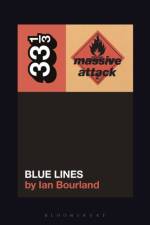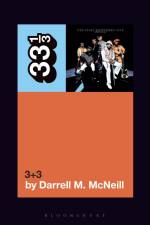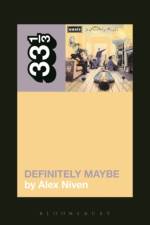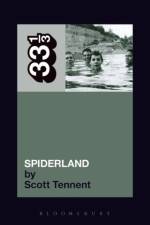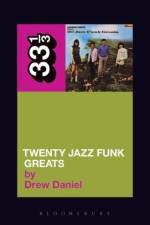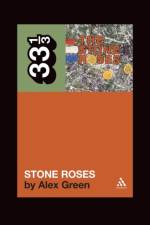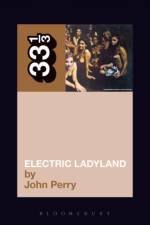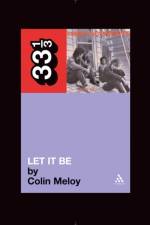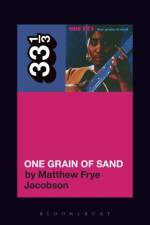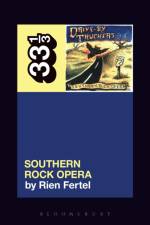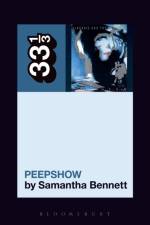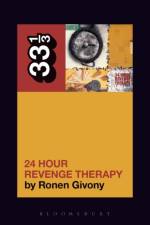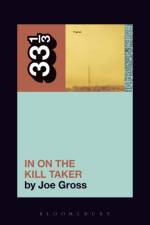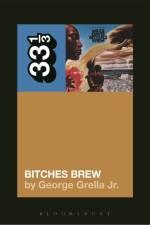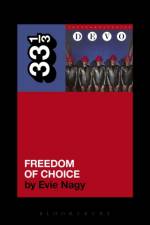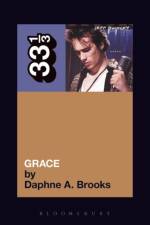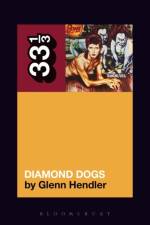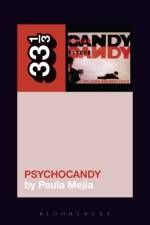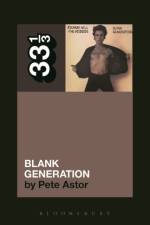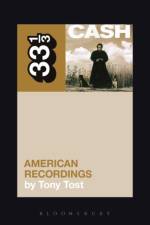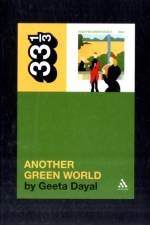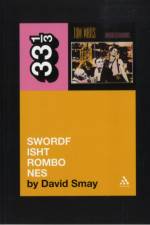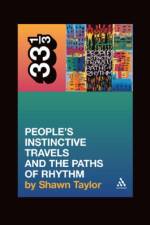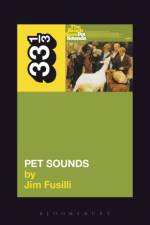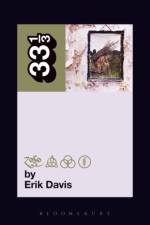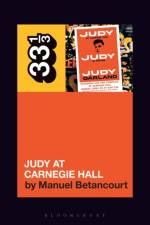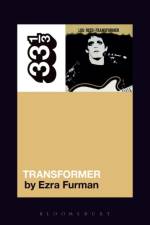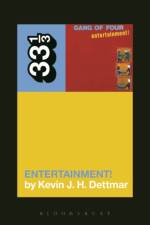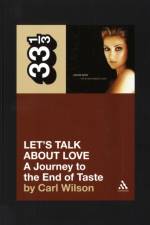av Glenn (Fordham University Hendler
159,-
After his breakthrough with Ziggy Stardust and before his U.S. pop hits "Fame" and "Golden Years" David Bowie produced a dark and difficult concept album set in a post-apocalytic "Hunger City" populated by post-human "mutants." Diamond Dogs includes the great glam anthem "Rebel Rebel" as well a variety of other songs such as one of Bowie's best piano ballads, a Moog-centered tune that sounds like Emerson Lake and Palmer, and a cool funk groove. But it also contains grinding discordant guitar experimentation, a noise collage, a weird repetitive chant, and utterly unique songs that combine lush romantic piano and nearly operatic singing with scratching, grungy guitars, creepy, insidious noises, and dark, pessimistic lyrics that reflect the album's origin as a projected Broadway musical version of Orwell's 1984. In this book Glenn Hendler shows that Diamond Dogs was an experiment with the intimate connection Bowie forged with his audience. Each song on Diamond Dogs shifts the ground under you as you listen, not just by changing in musical style, but by being sung by a different "I" who directly addresses a different "you." Diamond Dogs is the product of a performer at the peak of his powers but uncomfortable with the rock star role he had constructed. All of the album's influences--Orwell, Burroughs, experimental German rock, black American music, 1930s cinema, post-human dystopias, and freak shows--looked to Bowie like ways of escaping not just the Ziggy role, but also the constraints of race, gender, sexuality, and nationality. These are just some of the reasons many Bowie fans rate Diamond Dogs his richest and most important album of the 1970s.

